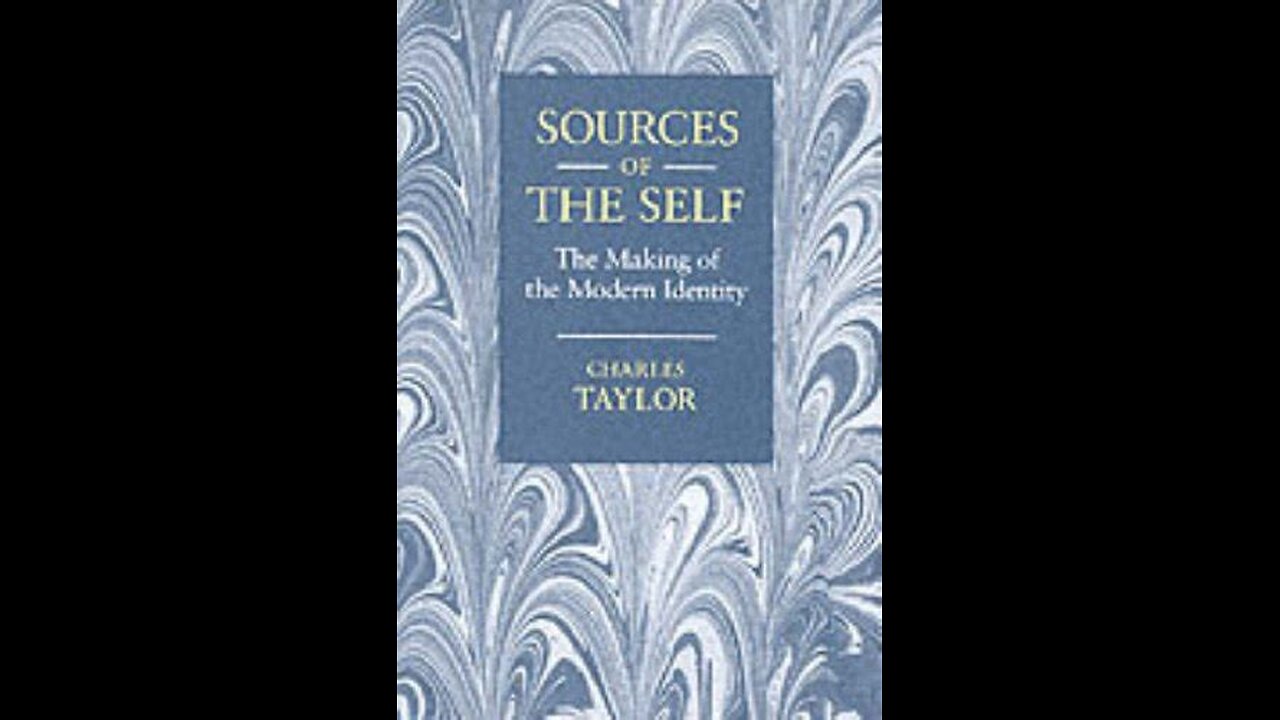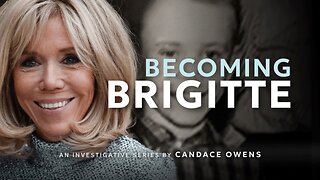Premium Only Content

Sources of the Self by Charles Taylor | Summary and Critique
Buy Here: https://amzn.to/3pzqhLy
"""Sources of the Self"" is a book by the Canadian philosopher Charles Taylor, published in 1989. The book is a work of contemporary moral philosophy that aims to explore the sources and nature of the modern notion of selfhood. Taylor argues that the modern self has been shaped by a range of historical and cultural factors, including the rise of individualism, the influence of Protestantism, and the development of modern science.
The book is divided into three parts. The first part, ""Interpretation and the Social Sciences,"" sets out Taylor's view that social science explanations of human behavior must take into account the interpretive frameworks through which people understand and give meaning to their lives. The second part, ""The Sources of the Modern Identity,"" traces the historical development of the modern notion of selfhood, examining the influence of the ancient Greeks, Christianity, and the Enlightenment. Taylor argues that the modern self is characterized by a sense of inner freedom and authenticity, and that this sense of selfhood is closely connected to the rise of individualism.
The final part of the book, ""Conditions of a Modern Identity,"" explores the challenges facing the modern self in an increasingly complex and diverse world. Taylor argues that the modern self is characterized by a sense of moral responsibility and a concern for the well-being of others, but that these values are often in conflict with the demands of modern society. He suggests that the key to addressing these challenges lies in developing a deeper sense of connection and community, and in recognizing the importance of shared values and traditions.
Overall, ""Sources of the Self"" is a major work of contemporary moral philosophy that offers a wide-ranging and insightful analysis of the nature of modern selfhood. It has been widely influential in the fields of philosophy, sociology, and cultural studies, and continues to be an important resource for anyone interested in understanding the complexities of modern identity."
-
 27:28
27:28
Glenn Greenwald
5 hours agoGlenn Reacts to Trump's Gaza Take Over: System Update Special
71.2K172 -
 LIVE
LIVE
Melonie Mac
1 hour agoGo Boom Live Ep 36!
422 watching -
 1:02:11
1:02:11
Sarah Westall
1 hour agoFreezing USAID & its Operations in Ukraine: A Massive Money Laundering Organization? w/ Sam Anthony
7.47K1 -
 LIVE
LIVE
The StoneZONE with Roger Stone
1 hour agoRoger Stone Talks Trump’s Electric First 100 Day Agenda | The StoneZone w/ Roger Stone
577 watching -
 DVR
DVR
Redacted News
4 hours agoBREAKING! EPSTEIN LIST INCOMING UNDER AG PAM BONDI? DEMOCRATS FREAKING OUT, PRINCE ANDREW NERVOUS
130K167 -
 52:02
52:02
Candace Show Podcast
7 hours agoBecoming Brigitte: An Inaccessible Past | Ep 2
104K131 -
 LIVE
LIVE
2 MIKES LIVE
5 hours ago2 MIKES LIVE #176 News Breakdown Wednesday!
160 watching -
 LIVE
LIVE
I_Came_With_Fire_Podcast
6 hours agoGAZA TAKEOVER | USAID EXPLAINED | TARIFF TAKEDOWN
458 watching -
 37:14
37:14
The Based Mother
6 hours agoFULL OF IT! Crooked politicians say they care about children. Their actions tell a different story.
6.96K2 -
 1:54:12
1:54:12
Right Side Broadcasting Network
9 hours agoLIVE: President Trump Signs EOs; Pete Hegseth Meets with Netanyahu - 2/5/25
114K48